A blown boiler in the dead of winter doesn’t have to spell disaster thanks to a mobile mechanical room created to extend the retrofit and maintenance season for HVAC systems commercial buildings.
A blown boiler in the dead of winter doesn't have to spell disaster thanks to a mobile mechanical room created to extend the retrofit and maintenance season for HVAC systems commercial buildings.
The unit, developed by Vancouver mechanical contractor RAM Mechanical Ltd., has large scale peers in the industrial sector, but is the first of its kind serving smaller buildings in the Lower Mainland.
The Mobile Mechanical Room consists of four 370,000 BTU condensing boilers, a 120 gallon hot water tank, an expansion tank, and a series of pumps and controls required to run the HVAC system in a 14 to 15-storey commercial building.
It functions with 1.4 billion BTU maximum capacity and can run on a building’s natural gas supply or on propane.
RAM Mechanical owner Rob Marchiori assembled the unit to extend the company’s boiler retrofit season and to give building owners more time to select high-efficiency equipment.
“Our specialty is retrofitting boilers,” said Marchiori.
“We get really busy during the summer when buildings don’t need heat, and then heating season comes along and it is too late for a full proper retrofit.”
A boiler failure in the off-season is usually an emergency situation that forces building owners to replace their systems with whatever is quickly available.
“Little thought goes into the long-term efficiency of the building,” said Marchiori.
“The idea is to give the contractor enough time to do a proper installation and give the owner time to choose a higher efficiency system that might not be available off the shelf.”
Mechanical contractors can rent the unit, which also has applications in remote locations and in offering same-day post-disaster relief.
Large scale units exist for servicing industrial, steam-powered systems—this unit is fitted on a 17.5 foot trailer that can be hauled by a truck.
The fuel requirements vary based on the size of the building, outside temperature, overall demand for heat and water.
“A ten-storey building with 60 tenants in -10C weather is going to require a lot more fuel than a twenty-storey building with 100 tenants in +30C weather,” said Marchiori.
“You may have tenants, such as seniors, who prefer to keep their space very warm all the time, as opposed to younger, working adults who may not be home for a majority of the time. I can say that the boilers used in our portable trailer are 95 per cent efficient.”
Norm Grusnick, a member of American Society of Heating, Refrigeration, and Air-conditioning Engineers (ASHRAE), said the system isn’t the first of its kind, but is a more convenient option than setting up a temporary system on the jobsite to keep a building running.
“What it allows is a quick turn around,” he said.
“He can bid and start the job tomorrow, start tearing stuff out, make the order, and so on, and he’s not relying on anyone. All he has to do is measure the piping, put in the new boiler while he has this thing plugging away.”
The unit is timely, considering growing demand for energy efficiency improvements in commercial buildings said executive vice-president of the Mechanical Contractors Association of B.C., Dana Taylor.
“It is definitely consistent with creativity and innovation, and with looking out there and seeing what they are doing and how they can do it better,” he said.
“It matches trends in the construction industry like increased use of modular systems, and plug and play operations for new installations and retrofits.”
Buildings in downtown and West Vancouver are replacing boilers almost daily, said Grusnick.
“It’s a huge business because they are 30 or 40 years old and by that time they are shot,” he said.
Despite building owners’ best intentions for making high-efficiency conversions, contractors are often asked to go in and out and get the system up and running, added Taylor.
“If the hot water tank goes, how much shopping around do you do? Now they have the option for creating a longer-term plan.”
Taylor said mechanical contractors who offer boiler retrofits as a non-central service will likely find the mobile unit an attractive alternative to setting up their own temporary system.
“There is plenty of retrofit work available. The question is whether it is possible to create the impetus with building owners to have the work done,” said Taylor.
“Right now it’s driven by owners in the public sector and whether that moves to the commercial private sector is something else.
“There is certainly traction for high-efficiency in the high-end commercial sector. It’s that great swath in between the two and how that is being driven.
“Either way there is certainly a better market for looking long-term.”
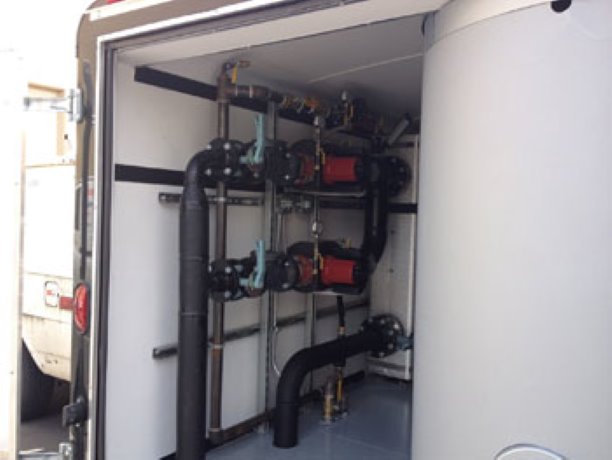
1/3
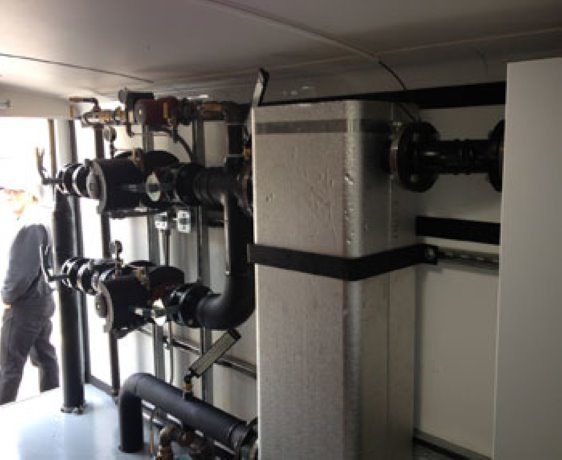
2/3
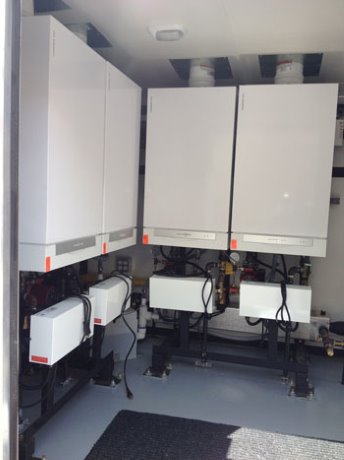


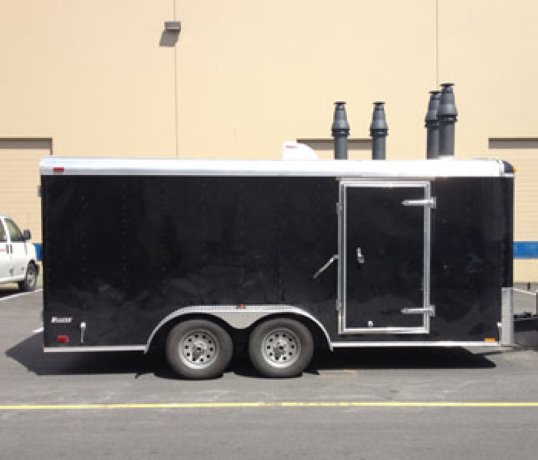





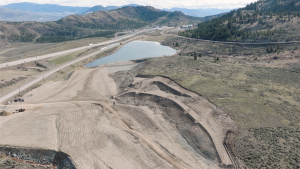
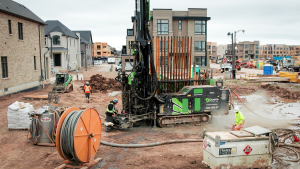
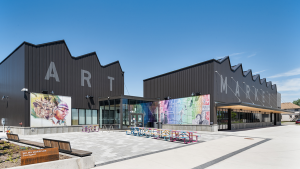
Recent Comments
comments for this post are closed